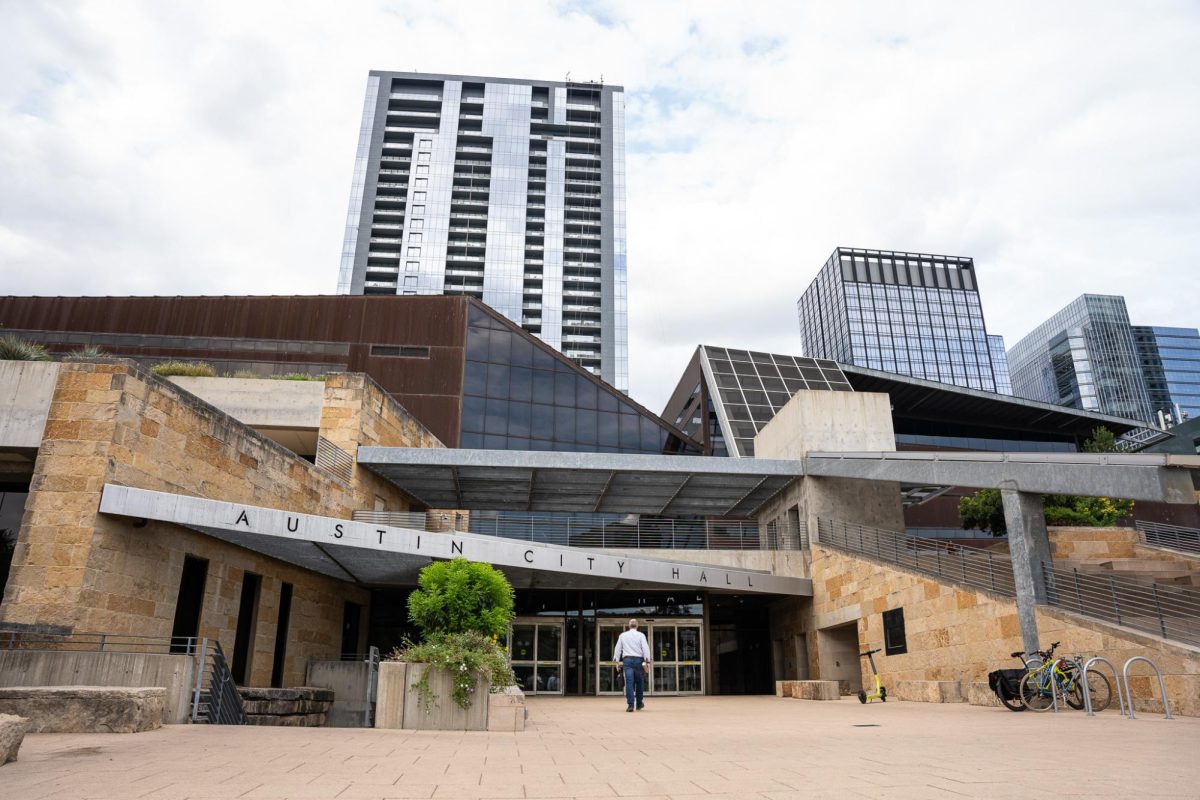Shifting toward educational efficiency means increased class sizes, cutting back on some courses and not giving students an opportunity to explore different fields, said professors and students at a discussion Thursday.
Because of budget cuts, universities have been focusing on educating students more efficiently, said Anne Martinez, assistant professor in the Department of History, at a Liberal Arts Council discussion about the importance of studying the humanities and social sciences.
“What’s the buzzword of the year?” Martinez said. “Efficiency.”
Martinez said she remembers a decade ago when educational institutions, students and parents emphasized the importance of smaller class sizes and one-on-one communication with instructors.
She said with federal and state budget cuts, universities are competing to see who can educate the most students with the least resources.
Smaller departments educate students on topics marginalized in larger programs but have become prime targets for cuts because they serve fewer students and fall below efficiency goals, Martinez said.
“Ethnic and cultural studies curricula are increasingly under attack,” Martinez said. “This summer, our legislature considered eliminating the Gender and Sexuality Center, as if only women and queers have a sexuality, when in reality all men and women do.”
An element of human development is being sacrificed in favor of speeding through degree plans in four years, meeting all degree requirements and putting little emphasis on exploring the larger objective of world interaction and understanding, Martinez said.
“We are not producing widgets here,” Martinez said. “We are producing minds, shaping minds.”
University students are expected to change with the world, said Madeline Hsu, director of the Center for Asian American Studies. Taking classes in only one field can be disadvantageous in the future if students can’t relate their degree to its role in the real world, she said.
“If you get shoved down a tunnel into a specific job, then you kind of cut yourself out,” Hsu said. “For instance, petroleum engineers may be the best in their field, but where are they if they have no understanding of the world policy in the petroleum industry?”
Economics major Jeremy Gatson said the fact that many of his fellow students won’t even consider taking classes outside their major requirements is alarming.
“These are actually the classes that can change your life,” Gatson said. “I really think the alumni here who have liberal arts degrees who are successful — politicians, CEOs — should come back and show students that they can [be] whatever they want to be with a liberal arts background.”
Universities are pushing for students to graduate within four years, which prevents them from taking extra classes, said Beth Smith, graduate coordinator for the textiles and apparel program which serves fewer than 20 students.
“One of the problems is that there is this push to get people through here in four years — 120 hours,” Smith said. “Typically, ecology degrees take more than 120 hours, so now we’re [asking ourselves] what can we cut to cram all the requirements in and get it done?”
The push for efficiency in the wake of budget cuts means an increase in class sizes and a decrease in the number of classes offered by many departments, but the Department of Air Force Science has been largely unaffected, said department cadre, Maj. Son Nguyen.
“We’re used to making more with less,” Nguyen said. “We’re really lean, but we still do all the things necessary to keep them running. We now have eight cadre members in our department working basically to run a cadet corps averaging 90 students.”
The department teaches four classes each semester to prepare ROTC students for entry as second lieutenants into the Air Force upon graduation.
Printed on Friday, September 16, 2011 as: Professors, students worry budget cuts trump learning.




















